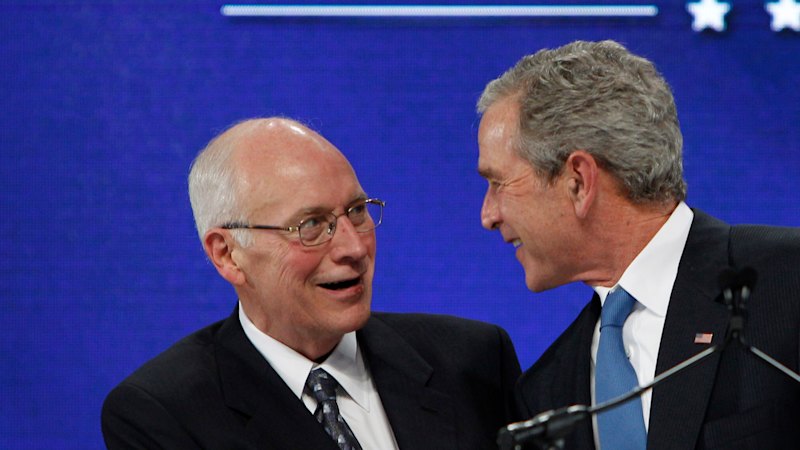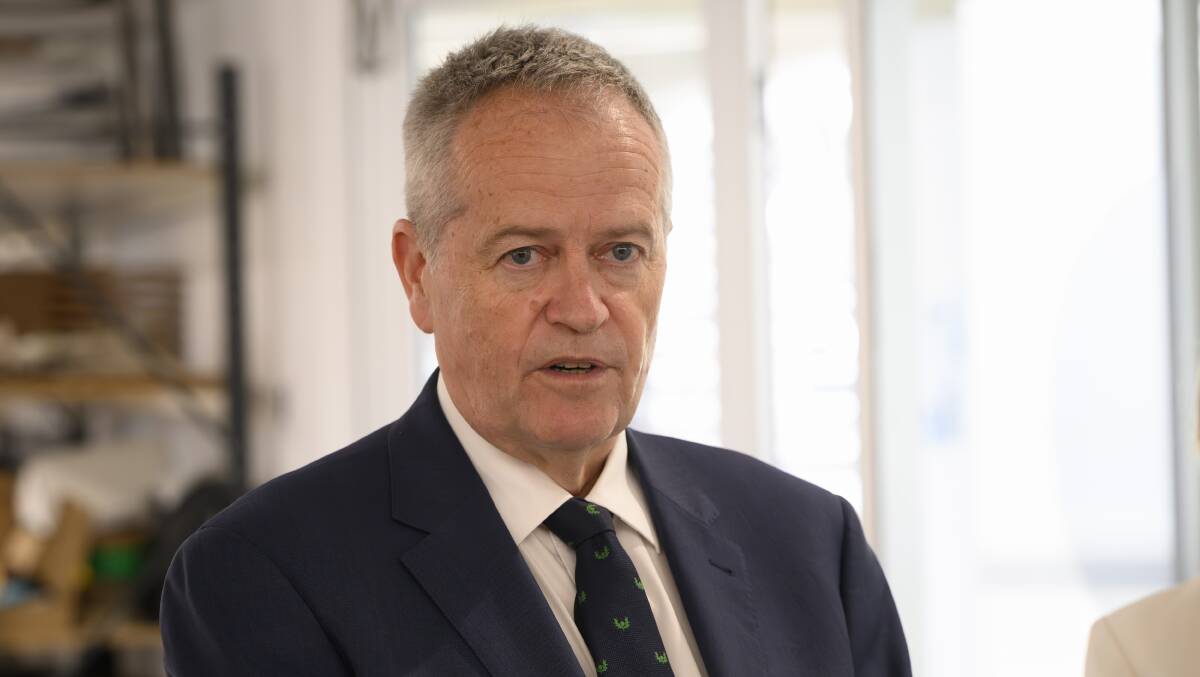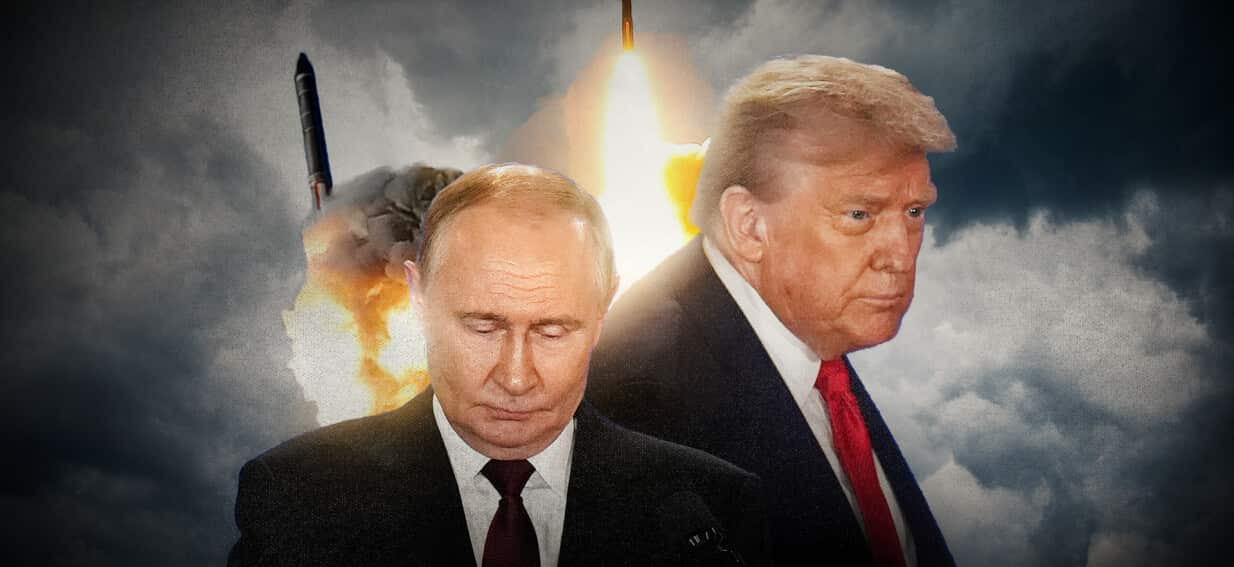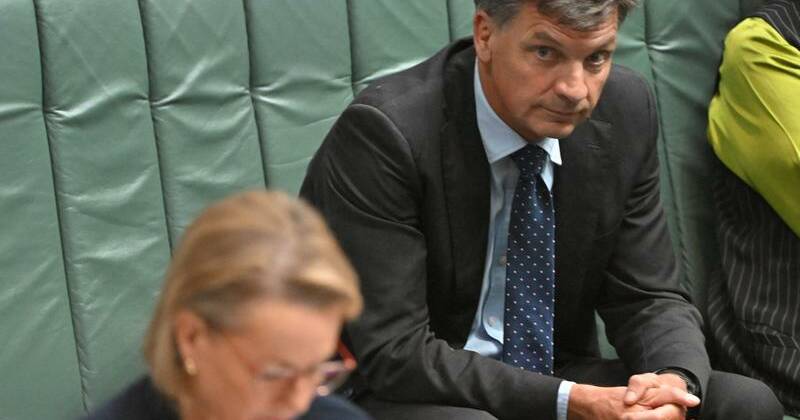
Former US Vice President Dick Cheney has died at the age of 84 due to complications from pneumonia and cardiac and vascular disease. His family announced the news early on Tuesday, stating that he passed away on Monday night with his wife, Lynne Cheney, and daughters, Liz and Mary Cheney, by his side.
Cheney served as vice president under George W. Bush from 2001 to 2009, becoming one of the most powerful and controversial figures in American political history. His influence was particularly pronounced in the aftermath of the September 11, 2001, terrorist attacks, which claimed nearly 3,000 lives and reshaped national security policies.
Cheney’s Role in the War on Terror
Elected with a mission to restore presidential authority, Cheney believed the office had been weakened by the War Powers Act and other legislative changes following the Vietnam War and Watergate scandal. Following the 9/11 attacks by the terrorist group al-Qaeda, he prioritized military action to prevent further attacks on US soil.
On that fateful day, while President Bush was in Florida, Cheney was at the White House and quickly moved to an underground command centre. He played a crucial role in coordinating the government’s response, including authorizing military action against potential threats from the air. Although the decision to shoot down hijacked planes was made, military pilots were unable to intercept the attackers in time, as noted in the national 9/11 commission’s final report.
In her book, The Dark Side, journalist Jane Mayer remarked on Cheney’s “calm, commanding performance” during those chaotic moments. He articulated a need for the US to operate in secrecy, stating in a September 16, 2001, interview on NBC’s Meet the Press:
“We’ll have to work sort of the dark side, if you will. A lot of what needs to be done here will have to be done quietly, without any discussion.”
Controversial Policies and Military Actions
As the vice president, Cheney advocated for aggressive military strategies, including the wars in Afghanistan and Iraq. His close collaboration with British Prime Minister Tony Blair was pivotal in garnering international support for military action. Blair later described Cheney as a proponent of “hard, hard power,” emphasizing his firm stance on military intervention.
In August 2002, Cheney made headlines by declaring, “Simply stated, there is no doubt that Saddam Hussein now has weapons of mass destruction.” His assertions laid the groundwork for the 2003 invasion of Iraq. However, the failure to locate such weapons severely damaged his credibility and public support for the war.
Cheney’s tenure was marked by contentious policies regarding national security, including the use of enhanced interrogation techniques, which many condemned as torture. Despite facing significant criticism, he remained steadfast in his beliefs. In a 2005 interview, he expressed confidence in military progress, stating, “I think they’re in the last throes, if you will, of the insurgency.”
Throughout his life, Cheney faced numerous health challenges, including five heart attacks and a heart transplant in 2012. His daughter, Liz Cheney, has continued his political legacy, serving as a member of the US House of Representatives since 2016.
Dick Cheney’s passing marks the end of an era in American politics, characterized by a distinct approach to national security and foreign policy that continues to evoke debate and analysis.







